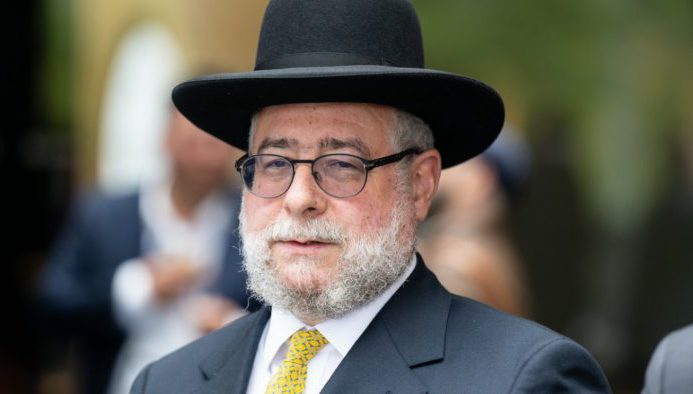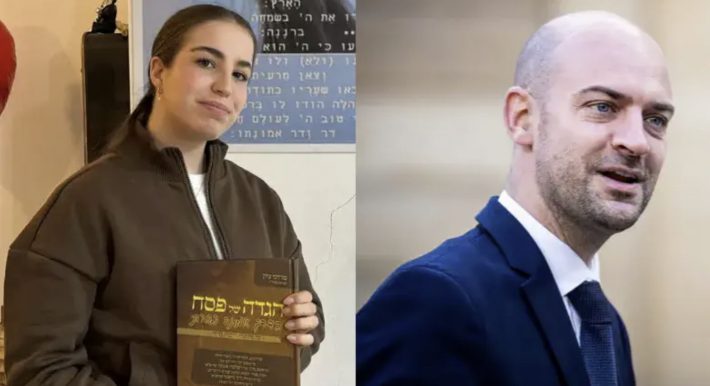In a landmark show of unity, Israeli ministers and Knesset members demand the return of Jewish sovereignty to Joseph’s Tomb, calling it a moral imperative and national obligation.
In a sweeping political consensus not seen in decades, a majority of Israel’s Security Cabinet ministers, senior government officials, and nearly all coalition MKs have signed a declaration demanding the immediate restoration of Jewish presence at Joseph’s Tomb in Shechem (Nablus) — exactly 25 years after Israel’s controversial withdrawal from the sacred site.
Describing the tomb as a pillar of Jewish heritage and identity, the signatories declared the abandonment of the site in 2000 a “historical stain” and a catalyst for the Second Intifada. Citing provisions under the Oslo Accords, they emphasized that Israel not only retains the legal right but also the national responsibility to maintain Jewish access and sovereignty over the holy site.
“The people demand a historical correction. After 25 years of abandonment, we are closer than ever to restoring sovereignty to Joseph’s Tomb,” declared Samaria Regional Council head Yossi Dagan. “This is a moment of truth. The government must act now—not as a political move, but as a national duty.”
The call to action is backed by prominent ministers including Yariv Levin, Gila Gamliel, Bezalel Smotrich, Itamar Ben Gvir, Miri Regev, and Ze’ev Elkin. The timing is significant, arriving just ahead of a pivotal Knesset Foreign Affairs and Defense Committee meeting on Judea and Samaria, during which the IDF is set to present an actionable plan to reestablish a permanent Jewish presence at the tomb complex.
The initiative has been driven in recent months by Rabbi David Ben Natan, who leads the campaign in memory of his son Shuval, killed in action, alongside MK Zvi Succot and a grassroots petition spearheaded by local council heads and settlement leaders. Their sustained advocacy has led to a concrete operational framework by the IDF, which now awaits political authorization.
MK Zvi Succot emphasized: “The unprecedented alignment across the coalition and government is a turning point. The plan to restore our presence at Joseph’s Tomb will be presented tomorrow — and I will do everything in my power to ensure its swift implementation.”
The original withdrawal on October 7, 2000, was framed as temporary amid escalating Palestinian violence, but no permanent return was ever executed. Despite this, thousands of Jewish worshippers have continued to visit the site under military escort — often at great personal risk.
The proposed plan marks a decisive shift from ad-hoc access to continuous and sovereign presence, including the rebuilding of the yeshiva that once stood at the site.





